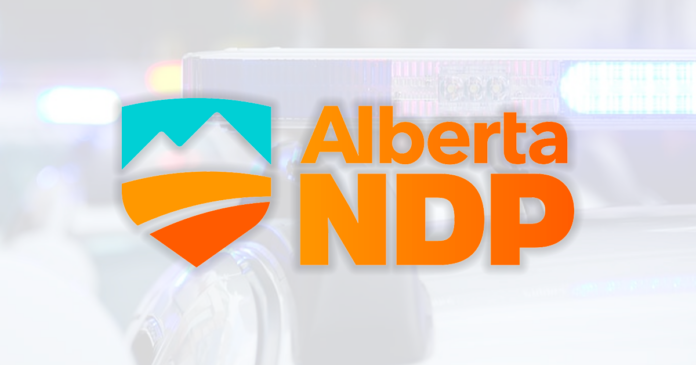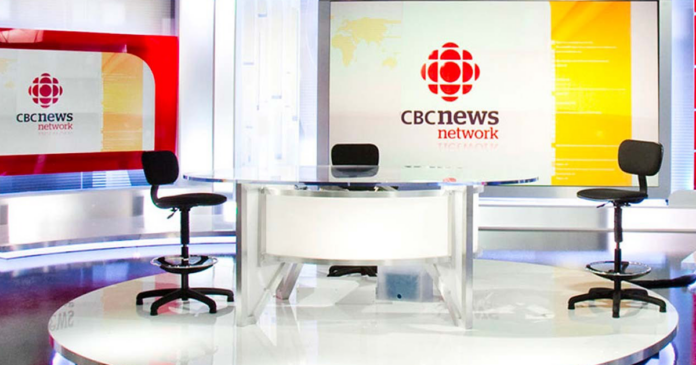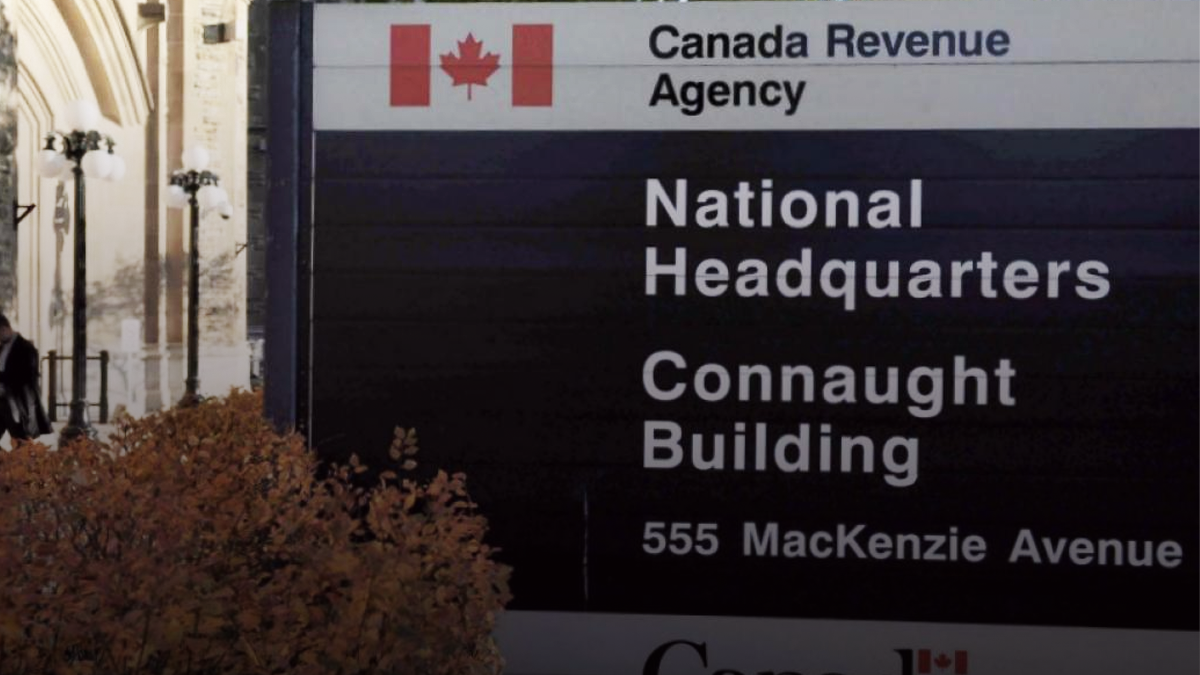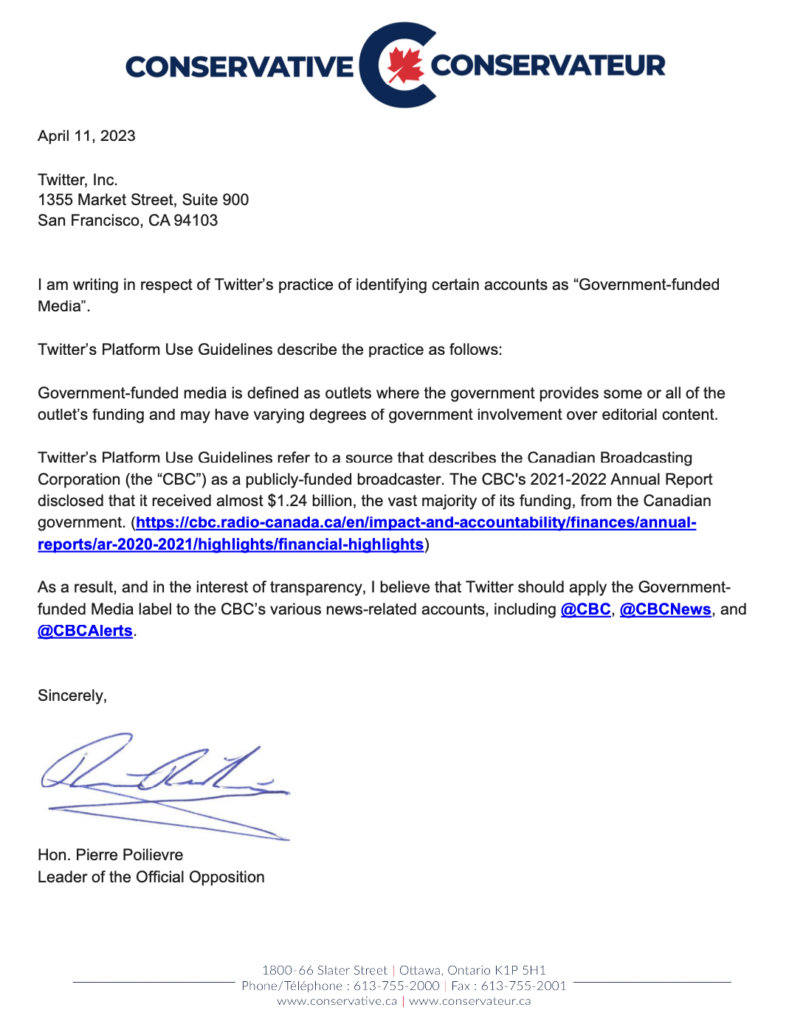Alberta NDP leader Rachel Notley had security drag at least two reporters out of her Monday afternoon press conference after days of criticizing Alberta Premier Danielle Smith for limiting reporters to one question per media availability.
The Counter Signal editor in chief Keean Bexte was removed from Notley’s announcement after attending to question the Opposition leader about her candidates’ history of defund the police rhetoric.
Bexte says he’s accredited by the Alberta Legislature and Notley is “lying” about basic facts to avoid answering questions with substance.
“I am seriously worried what will happen to press freedom in this province if she regains power,” he told True North.
Rebel News reporter Alex Dhaliwal was also removed from the announcement.
The Canadian media outlet responded to the incident, writing, “Notley accuses Premier Smith of dodging questions but she removes independent journalists to avoid being held to account.”
On Friday, Smith said she would be limiting reporters to one question to get through more during the provincial leadership race. Traditionally, reporters are allowed one question and one follow-up, though most journalists use the follow-up to ask about something unrelated.
In response, Alberta NDP candidate Irfan Sabir said Smith can’t “run away” from Albertans’ questions about “the chaos and corruption in her government.”
“This is a desperate move from a failed premier,” Sabir said in a statement. “Leaders take questions.”
Notley also took to Twitter to criticize the UCP leader, saying Albertans deserve a leader that listens and takes and “ takes your questions.”
“Leaders with nothing to hide actually answer questions from the media,” she wrote on Twitter.
“Alberta, you deserve better than this.”
Ahead of Monday’s announcement, Notley bragged online that she would be taking questions from the media.
“I will take media questions … as I have done for 15 years as an MLA, nearly 9 years as Alberta NDP leader, four years as Premier and 4 years as Opposition leader,” she wrote.
In response to the incident, the UCP war room Twitter account said Notley was kicking out the journalist whose questions she doesn’t want to answer.
EDITOR’S NOTE: This story has been updated to correctly state that security, not police, removed reporters from the event.




























